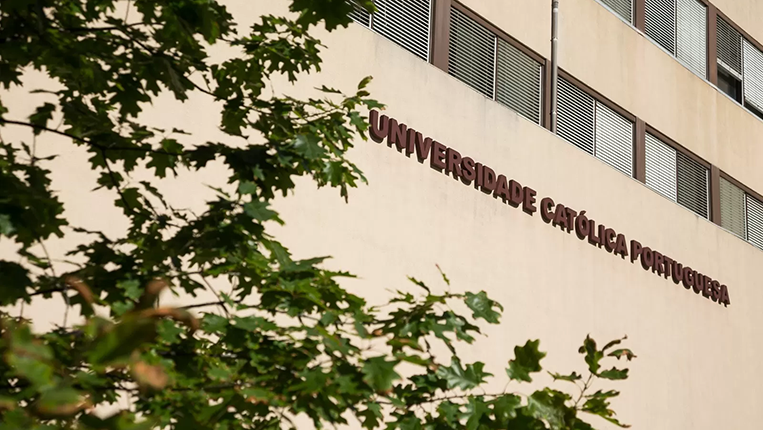The Centre for Biotechnology and Fine Chemistry (CBQF) at Universidade Católica Portuguesa, in collaboration with the Institute for Research and Innovation in Health at the University of Porto (I3S), is working on the nanotechnological development of innovative particles that act locally in the treatment of chronic colon inflammations. This is the gBIOT project.
To understand what we mean by nanotechnology, we first need to talk about size. Ezequiel Coscueta, a CBQF researcher and leader of gBIOT, explains that conventions vary among scientists. “Some consider that particles above 100 nanometers (nm) are classified as microparticles, while others argue that particles up to 300 nm are still considered nanoparticles.” This ambiguity can be problematic, given that one millimeter contains one million nanometers. However, the focus of gBiot is clear: to develop microrobots (considering micro to be anything above 100 nm) that can find the best path to eliminate intestinal inflammation.
The consequences of prolonged inflammation, such as colitis and Crohn's disease, can be severe, potentially leading to colorectal cancer, one of the most prevalent cancers worldwide. By 2026, scientists at UCP and I3S aim to have a prototype tested in human cell models and mice, with the goal of registering a patent for this innovative solution.
gBIOT microrobots are produced in layers that serve different functions, including delivering anti-inflammatory agents, some of which are traditional pharmaceutical drugs, but also natural compounds extracted from plants like watercress. In addition to anti-inflammatories, the microrobots use enzymes that interact with compounds in the inflamed microenvironment, such as Reactive Oxygen Species (ROS). These substances, produced by the body as a defense mechanism, can become harmful when generated in excess, especially in cases of chronic inflammation. The gBIOT researchers ensure that the microrobots can use ROS as "fuel" to move and release anti-inflammatories more efficiently in inflamed areas.
This project represents a significant advancement in biotechnology applied to the treatment of inflammatory bowel diseases, with the potential to improve the quality of life for many patients. CBQF remains committed to developing innovative solutions that address society's health needs.




